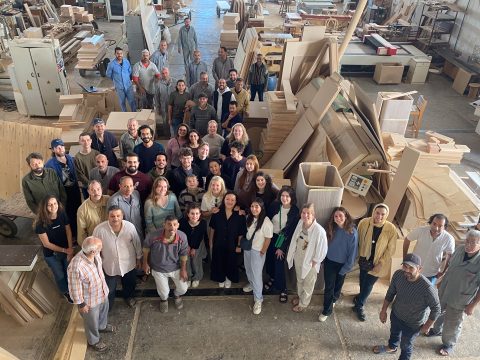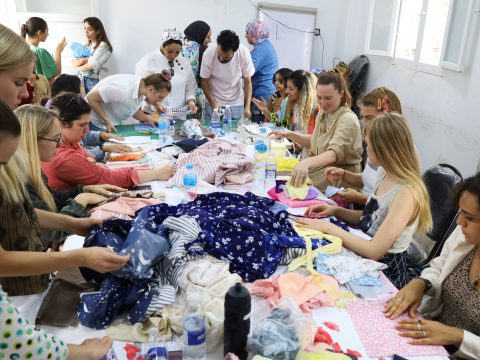Green entrepreneurship and innovation in the field of fashion are on top of the agenda of DEDI Green Gate 2022. We had the privilege of receiving almost 100 applications and after many a difficult choice, we shared the good news of them being selected with 23 amazing young people.
By Agnete Flyger
The fashion industry is one of the industries responsible for the highest annual emission of carbon globally, as much as 8-10 pct. Promoting solutions and fostering collaboration to reduce emission are the main aims of Green Gate 2022. The 23 participants have already taken steps toward these aims, be it using eco-friendly raw materials, upcycling, increasing the longevity of products by reusing or organizing big scale second-hand usage, and advocating for slow fashion.
In May, the Danish and the Egyptian held their first local meetings and got a first glimpse of each other online. Now, we are warming up to the first international workshop in Denmark in the beginning of August and are happy to introduce all 23 participants.
















